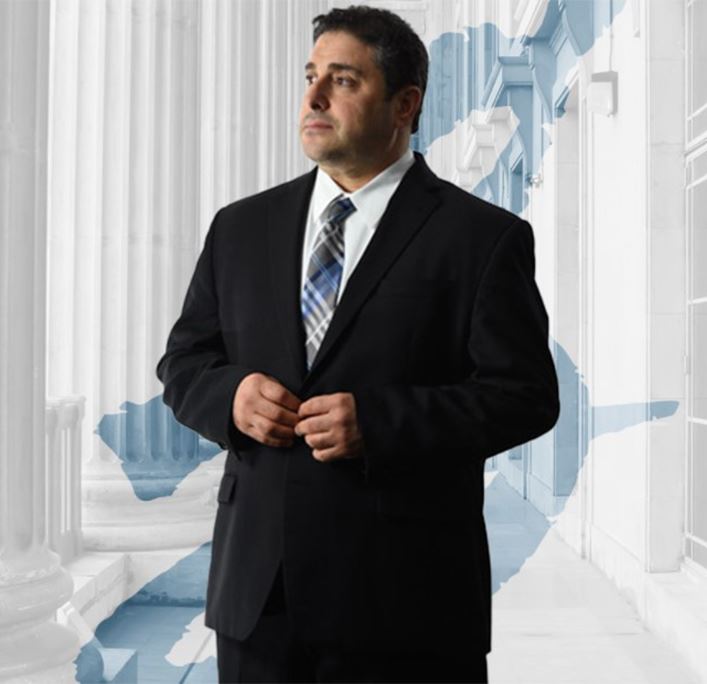
Long Island FDCPA Attorney
Protection of Consumer Rights Against Creditor Abuse & Collection Letters
Are collection agencies, law firms and other third-party collectors contacting you seeking collection of an alleged debt? Are they harassing you, seeking a debt that is old or seeking to collect more than what is owed? Contact our law firm to explore your rights and options. We help you recover money under the Fair Debt Collection Practices Act.
Send us your collections letters for FREE review and consultation – no cost! Contact us at (800) 242-3740.
Contact our law firm immediately if you received a:
- Collection letter
- Phone call
- Text message
- Or any communication from a third-party collector, collection attorney, debt buyer or collection agency
Forward us the collection before you speak or pay. KNOW YOUR RIGHTS and we can protect you. Ask us about the possibility of filing an affirmative lawsuit on your behalf against the healthcare provider and the third-party collection agency at no cost to you.
About the Fair Debt Collection Protection Act
The Fair Debt Collection Protection Act (FDCPA) was enacted by Congress under 15 U.S. Code § 1692 to attempt to eliminate abusive debt collection practices by debt collectors, to ensure that those debt collectors who refrain from using abusive debt collection practices are not competitively disadvantaged, and to promote consistent State action to protect consumers against debt collection abuses.
There is extensive proof that third-party collectors, collection attorneys, debt buyers and collection agencies often use abusive, deceptive, and unfair debt collection practices to attempt to gain an unfair advantage and utilize unlawful tactics to collect money from debtors.
These collection practices contribute to:
- Bankruptcy
- Marital instability
- Job loss
- And invasion of individual privacy
(15 U.S. Code § 1692 - Congressional findings and declaration of purpose). Under several New York State statutes and under the Fair Debt Collection Protection Act (FDCPA), you have rights. You do not have to be intimidated or harassed any longer.

Our Satisfied Clients
We genuinely care about our clients and will do everything we can to ensure their satisfaction
-
“Goodman is a person of human quality, responsible and honest. I recommend it.”
You who are reading, will be in good hands. Goodman is a person of human quality, responsible and honest. I recommend it.- Melissa F. -
“Best money I ever spent!”
Excellent lawyer! I live out of state and needed a lawyer in NY I could trust. He made no promises, always upfront about the possible outcomes. He always worked very hard to get me the results I needed. He came through every time! He understood my financial circumstances and worked with me so I could hire him within my budget. Best money I ever spent! He’s honest and trustworthy, and I’m grateful for his help in more than one legal matter. I can’t say enough great things about Greg.- Ted R. -
“I highly recommend Mr. Goodman.”
I highly recommend Mr. Goodman. I was in a hopeless, scary medical debt situation which he was able to assist me with. From my first consultation with him the weight was lifted off my shoulders. Within just a short time court was able to be avoided and a reasonable settlement was established.- Gabrielle B. -
“Greg is a very trustworthy, knowledgeable attorney”
Greg is handling a litigation matter for me. He is efficient, is moving my case right along and treating me with the upmost respect. He keeps me advised of all phases of the case and I believe he will fight for the best recovery that I can possibly receive. Not many attorneys are this conscientious.- Client -
“Gregory Goodman is very professional and consistent.”
Gregory Goodman is very professional and consistent, he provides in detail all options and is very thorough with his work, I highly recommend. He helped with a situation a few months ago and since then all has been very well! Thank you Gregory Goodman!- Davin S. -
“Gregory handled a Consumer Credit dispute for me within weeks!”
Gregory handled a Consumer Credit dispute for me within weeks! He's very efficient, responsive, and professional. I would definitely recommend him for helping you resolve your consumer credit disputes!- Bee. G -
“Greg will thoroughly, effectively and patiently represent you for all your personal injury needs. Cannot recommend him enough.”
“Greg will thoroughly, effectively and patiently represent you for all your personal injury needs. Cannot recommend him enough.”- Steven D. -
“Very professional”
Very professional, very respectful and kind, and got the job done for me.- Barwhale G.
